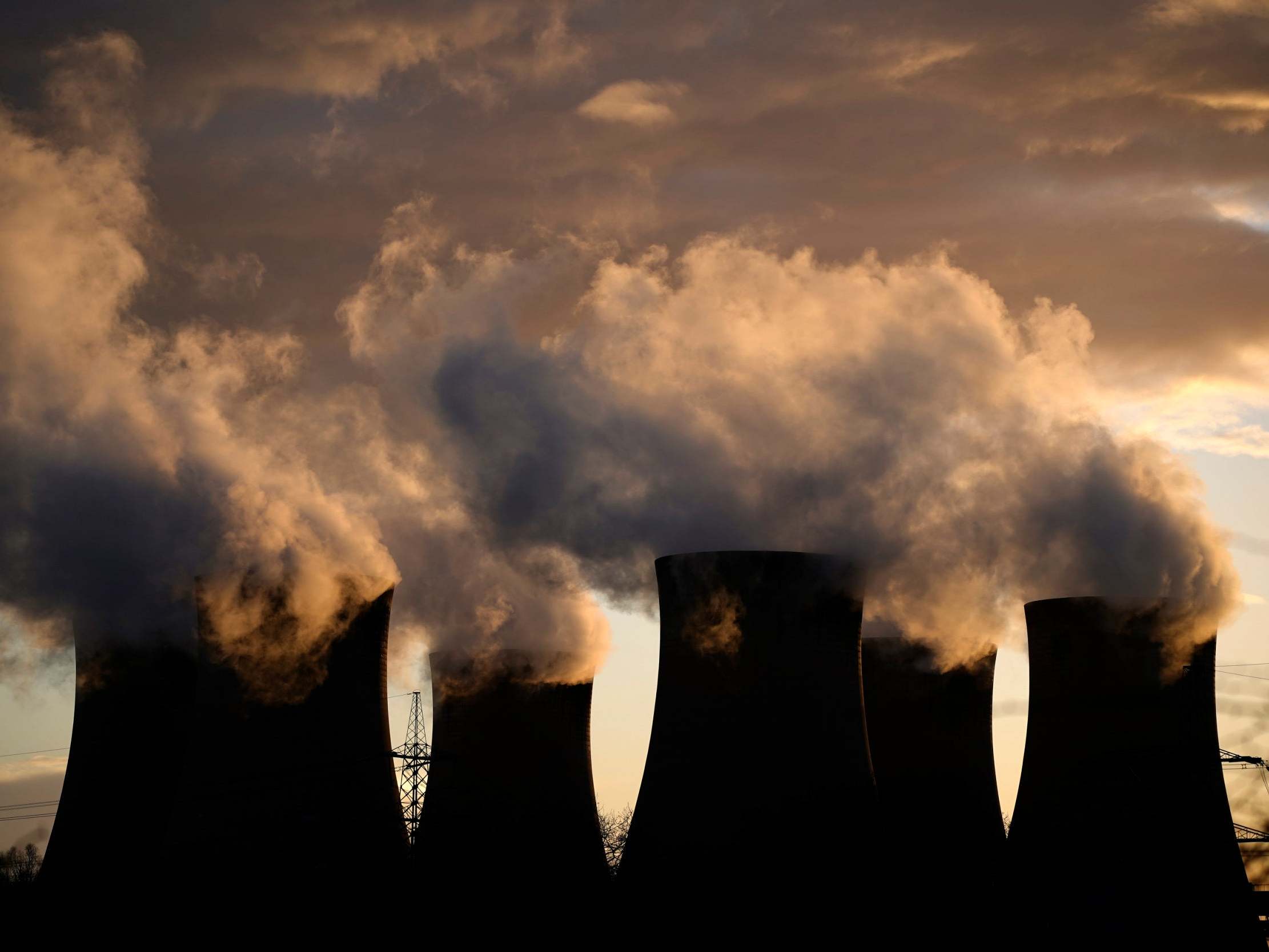Call to cancel new coal plants worldwide as renewables ‘out-compete’ on cost
‘Proposed coal investments risk becoming stranded assets which could lock in high-cost coal power for decades,’ says think tank boss
Your support helps us to tell the story
From reproductive rights to climate change to Big Tech, The Independent is on the ground when the story is developing. Whether it's investigating the financials of Elon Musk's pro-Trump PAC or producing our latest documentary, 'The A Word', which shines a light on the American women fighting for reproductive rights, we know how important it is to parse out the facts from the messaging.
At such a critical moment in US history, we need reporters on the ground. Your donation allows us to keep sending journalists to speak to both sides of the story.
The Independent is trusted by Americans across the entire political spectrum. And unlike many other quality news outlets, we choose not to lock Americans out of our reporting and analysis with paywalls. We believe quality journalism should be available to everyone, paid for by those who can afford it.
Your support makes all the difference.Coal power developers risk wasting hundreds of billions of pounds as new renewables are now cheaper than new coal plants, a report has warned.
In all major markets from the US to Europe, China, India and Australia, it already costs less to generate power from installing new wind or solar farms than new coal plants, the latest study from think tank Carbon Tracker found.
By 2030, it could be cheaper to generate electricity by building new renewable facilities than to run existing coal-fired power stations – in all markets, the researchers predict.
Already, four-fifths (82 per cent) of the UK’s remaining 12 gigawatts of operating coal power costs more than new renewables, Carbon Tracker said.
In the UK, a cost on carbon pollution called the carbon price floor, along with falling demand and subsidies for renewables, has helped push most coal off the system ahead of a phase-out date which was recently moved forward to October 2024.
Across the world, some 60 per cent of coal plants are generating electricity at a higher cost than the cost of power produced from building and running new renewable schemes, the think tank report said.
Carbon Tracker is urging governments and investors to cancel the vast amount of coal projects announced, permitted or under construction around the world – or waste $638bn (£495bn) in capital investment.
Matt Gray, Carbon Tracker co-head of power and utilities and co-author of the report, said: “Renewables are out-competing coal around the world and proposed coal investments risk becoming stranded assets which could lock in high-cost coal power for decades.

“The market is driving the low-carbon energy transition, but governments aren’t listening.
“It makes economic sense for governments to cancel new coal projects immediately and progressively phase out existing plants.”
Limiting global warming to 1.5C, to avoid the worst impacts of climate change, means global coal use to generate electricity will have to fall by 80 per cent from 2010 to 2030 – and effectively one coal plant has to retire every day until 2040, the report said.
Almost 500 gigawatts of new coal power is planned or under construction, but Carbon Tracker warns governments and investors may never recoup their outlay.
Falling costs of wind and solar power and the investment needed to comply with existing carbon and air pollution rules mean coal is no longer the cheapest form of power in any major market.
In the EU, which has a strong price on carbon pollution and years of investment in renewables, almost all (96 per cent) of its operating coal capacity costs more to run than new renewables.
And in China, which is home to half the word’s coal generation, seven out of 10 plants already operating cost more to run than new solar and wind farms would.
The report warned that China, whose economy has been hit hard by coronavirus, must avoid costly coal power in any stimulus package the government implements in the wake of the outbreak.
In the face of suggestions that China is planning to approve new coal plants in the near future, Carbon Tracker urged the country to deploy its stimulus capital “efficiently and avoid investing in coal power, which is economically redundant and environmentally disastrous”.
PA

Join our commenting forum
Join thought-provoking conversations, follow other Independent readers and see their replies
Comments